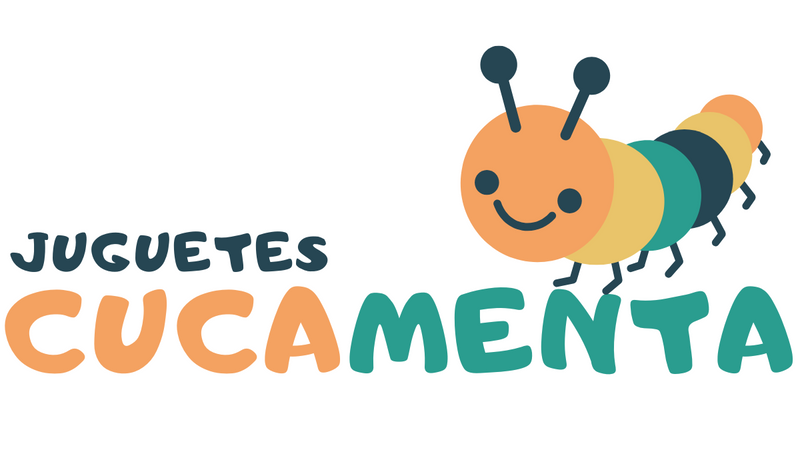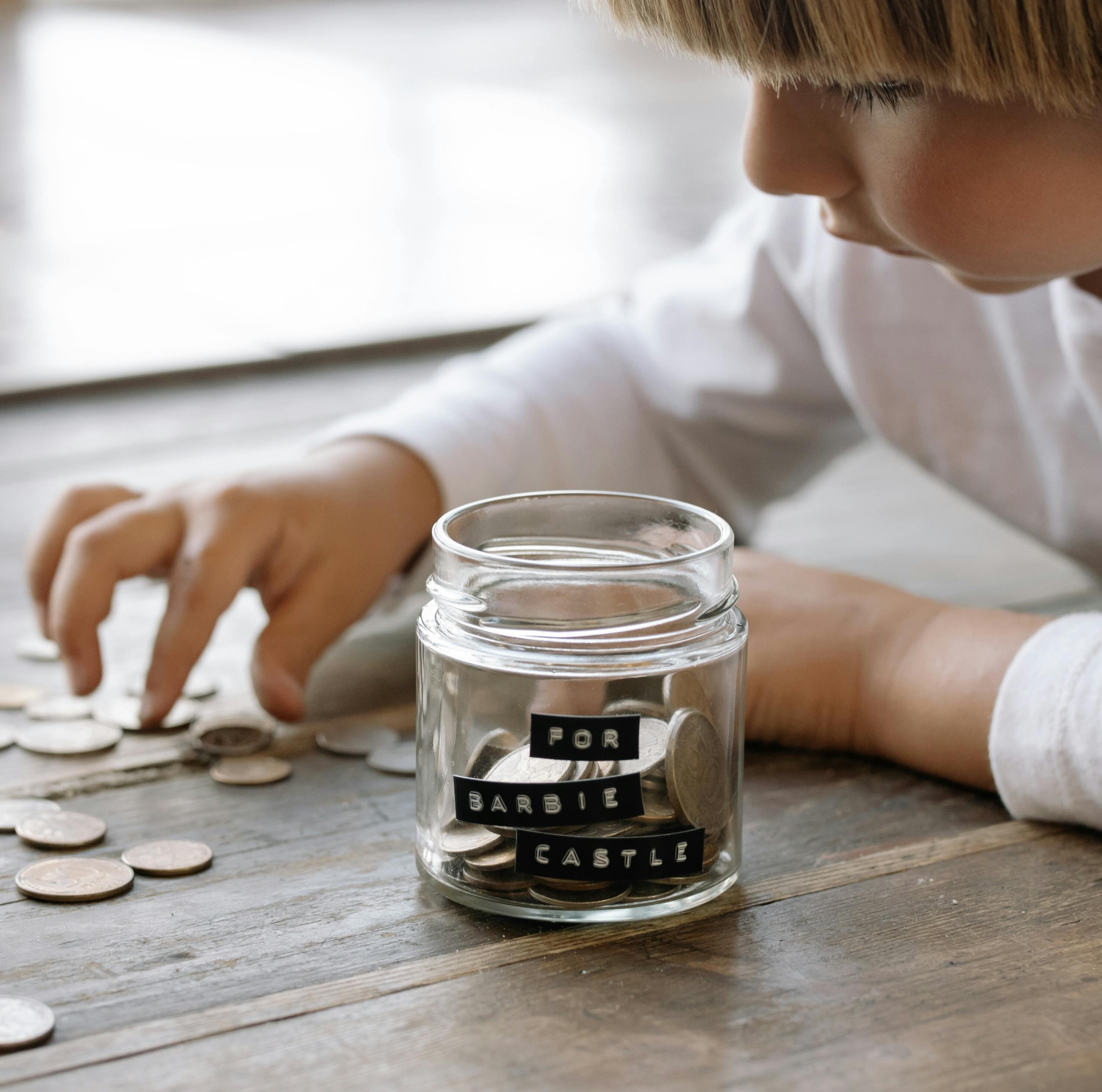Many families wonder how to give their children a good financial education from a very young age. One of the most common questions is that of pocket money. Is it a good idea to give pocket money to children ?
Should it depend on their good behavior? Does it help them to have a good relationship with money? We have the opportunity to talk about these and other questions with Beatriz Corchado, a financial expert on the Sin Comisiones platform.
First of all, Beatriz explains that giving money helps children understand the value of money and how to manage it from a very early age , as well as giving them a certain amount of financial independence. “For example, when they receive their pocket money, children have to decide whether to spend that money or save it, and if they save it, they will learn that they have to wait and be patient to get what they want to buy.”
Losing money or spending it recklessly is also part of this learning. It is important for them to also observe how it is used to learn how to manage it. They can see their families shopping for the best price for a product or service or setting a spending limit to fit a specific budget.
Messages you should convey to your child about pocket money
The financial expert from Sin Comisiones reveals the five basic lessons that children should know about pocket money:
-
Money is necessary to buy things, whether they are basic or something that covers your whims.
-
Give importance to always having some money saved.
-
Make them see that if they spend all their money today, they will have to wait until the next paycheck to have more.
-
Instill responsible habits and attitudes regarding money , that is, be a role model.
-
Divide your allowance into needs, whims and savings in different piggy banks or boxes.
At what age should you start giving pocket money?
There is no set age, but it will depend in part on the child's developmental development . "For example, at 6 years old they already know how to perform some basic mathematical operations such as adding or subtracting, which are essential for keeping track of money," stresses Beatriz Corchado.
They must also understand the value of money to know how to differentiate between what is expensive and cheap, as well as basic needs or whim purchases.
Therefore, a recommended age to start giving an allowance if you want, can be between 6 and 7 years old .
How much pay do you give to children?

The amount depends on two essential factors: the age of the children and the personal and economic circumstances of each family , as well as what the parents consider reasonable for their children.
It is important not to give your child more money than covers all his or her needs or desires , because this way he or she will hardly learn to manage his or her own needs, the expert recommends to Cucamenta. To give a practical example, you could start by giving two or three euros a week to children between 6 and 10 years old and from that age, increase to around 20 euros a month.
The Euro Method
Another simple method of determining your child's allowance is to give him one euro for each year of age. For a six-year-old, this would be 6 euros per month or 1.5 euros per week, rising to 7 euros when he turns 7.
Generally speaking, it is understood that the payment should increase as the child grows and his needs and desires become more complex .
How often should you pay?
For younger children, it is recommended that it be weekly so that they can set goals. For older children, who are more responsible and have more knowledge, self-control and responsibility, it can be monthly.
The important thing is to set a day on the calendar to give your child their pocket money - it can be every Monday, every Saturday or the first day of the month. This will establish a routine. You can use that day to teach them something new about finances, congratulate them for their good behavior or talk about money responsibility.
What to use the pay for?
Beatriz Corchado provides the following examples:
-
Saving up for a special game or toy.
-
Buy books they like.
-
Leisure time with family or friends, such as going to the cinema.
-
Being able to give gifts to siblings or relatives.
-
Buy candy.
-
Pay for public transportation.
Is it a good idea to give pocket money for doing housework?

It is neither right nor wrong. In other words, it will also depend on each family and the value that parents give to this type of task.
“ On the one hand, there are parents who think that household chores are the responsibility of all family members and do not link payment to this. In this sense, one can also think that paying for doing this type of chores can lead to negotiations depending on the level of effort of each one of them,” explains Corchado.
Other families believe that pocket money should be earned and not just received for no reason, so it can serve as a motivation to do the corresponding tasks and get the incentive. These could be making the bed every day, tidying their room or setting the table at the weekend. In this case, it is a good idea to explain everything clearly and even make a weekly calendar.
In other cases, performing household chores may even be rewarded with extra pay in addition to the regular pay they receive.
Extra information that may interest you
According to a study by PixPay (Alpha Research) of Spanish parents with children aged 10 to 18 in 2022:
-
46.4%, mostly parents between 25 and 44 years old, consider that the recommended age to start giving their children an allowance is between 12 and 15 years old.
-
71.8% said that the main reason they would give their children money would be to use it for financial educational purposes (management and administration of money). 46.5% said it would be so that children can cover their needs and 38.1% would say it would be so that their children could have greater independence.
-
Parents surveyed indicate that there are three main reasons why they would lower or increase their children's tuition: behavior, needs, and age.
Practice trial and error and you will see that the adventure of giving pocket money is a learning process.


0 comments